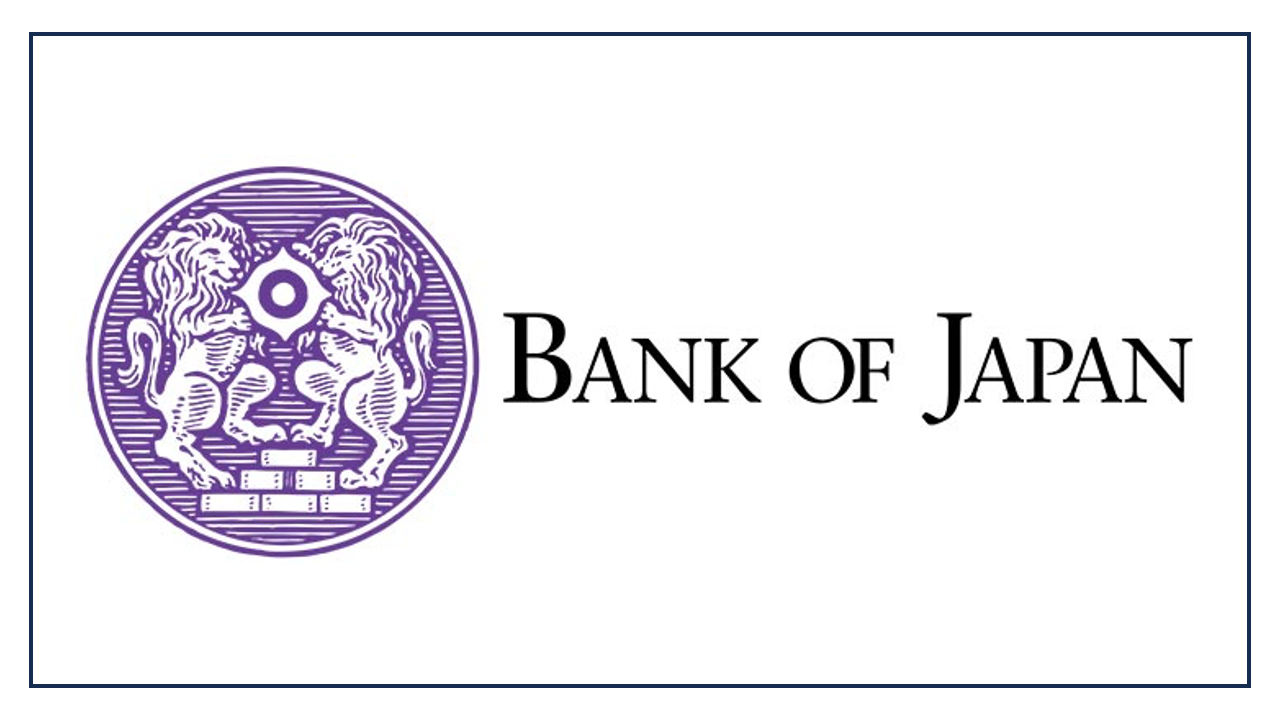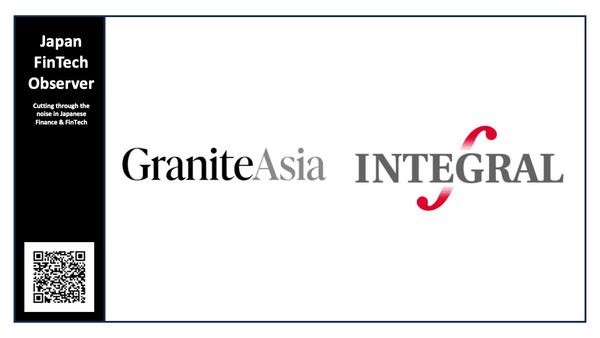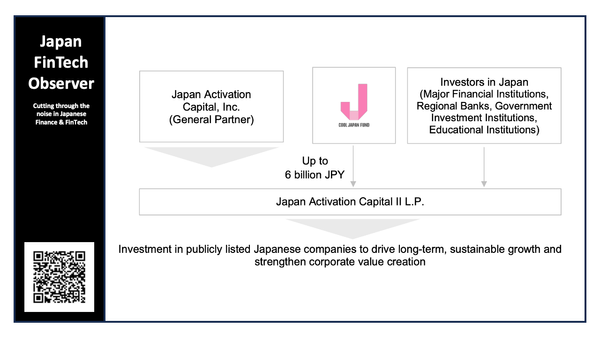The Bank of Japan's 2025 Examination Policy

The Bank of Japan (BOJ) annually establishes examination implementation policies. These policies are updated each year by the BOJ's Policy Board. In 2025, the policy document outlines the approach to onsite examinations and offsite monitoring of financial institutions. It emphasizes the importance of understanding changes in the financial system environment, the challenges faced by financial institutions, and rapidly assessing the soundness and risk management practices of these institutions. The goal is to proactively and in a timely manner identify emerging risks and trends within the broader financial system, and to maintain coordination with the Financial Services Agency (FSA).
In 2024, the BOJ continued to integrate onsite examinations and offsite monitoring. It also engaged in various collaborative initiatives with the FSA, including joint surveys of major financial institutions. These collaborations aim to enhance the BOJ's understanding of the financial system's intricacies and ensure its stability.
The policy document identifies key areas of focus for the 2025 examinations. It emphasizes the need to analyze the business trends and risk management practices of financial institutions based on the findings from the 2024 examinations and offsite monitoring. Additionally, the document considers recent environmental changes, and emphasizes the need for flexibility in responding to changes.
2024 Examination Results and Observations
During fiscal year 2024, the BOJ conducted onsite examinations of 68 financial institutions, including 20 domestic banks, 41 credit cooperatives, and 7 foreign banks/securities companies. Since 2023, a hybrid approach, combining onsite visits and remote methodologies, has been used.
The 2024 examinations and offsite monitoring revealed key aspects of the financial institutions' earnings power, financial soundness, management practices, and risk management. Key observations include:
- Financial Soundness: In general, financial institutions demonstrated adequate capital buffers and loss-absorption capabilities relative to their risk exposures. They maintained functioning intermediation capabilities in the face of global economic volatility.
- Earnings Power: Larger institutions are pursuing both domestic loan-deposit base consolidation as well as M&A and investment strategies to diversify their income sources across various banking, securities, trust, and non-bank subsidiaries.
- Regional Banks: Some regional banks saw improvements in deposit and loan profitability due to the rise in interest rates. However, other trends remain challenging, including a decline in population, increased investment in IT systems and human capital, and lower basic profitability. Many are actively pursuing opportunities in structured finance (LBO loans, renewable energy, shipping, aviation) and private equity.
- Management Challenges: Some institutions had difficulties in accurately assessing the impact of rising interest rates and verifying the feasibility of deposit/loan interest rate follow-through rates. To promote enhancement of management practices, discussions were held regarding the sophistication of profit management indicators (RORA) and their application to management. Manpower constraints in some institutions led to operational difficulties. This led to the adoption of DX and consolidations.
- DX and Technology: Banks expanded the use of open APIs, cloud computing, and generative AI. This helped with efficiency and improved customer service. Banks were prompted to strengthen cyber security.
- Climate-Related Financial Risk: Many firms are responding to financial risks from climate change. Banks were prompted to do climate scenario analysis.
2025 Examination Focus Areas
The focus areas for the 2025 examination are specified in detail in the policy document's appendix, and summarized here. Offsite monitoring will also be conducted, incorporating these points while maintaining flexibility to adapt to environmental changes.
Earnings Power, Financial Soundness Outlook, and Management Effectiveness
The examinations will assess the management's awareness of external environmental changes, the feasibility of long-term management strategies, the outlook for earnings power and financial soundness, and the effectiveness of management. Specific points of attention will include:
- Major Banks: The status and effectiveness of global expansion and group strategies, the utilization of DX, etc.
- Regional Banks: The approach to building sustainable business models that take into account local economic conditions and management resources. The effectiveness of efforts to strengthen top-line earnings, resource management such as reviewing branch/personnel placement, and management efficiency measures such as business reforms. For those proceeding with management integration or group management, the status and effectiveness of such efforts. Collaboration with off-site monitoring is emphasized.
- Coordination: Continuous dialogue with offsite monitoring to discuss initiatives related to support for the local economy and enhancement of management foundations.
- Constrained Resources: For those facing personnel constraints, examination will assess the impact on operations and the adequacy of resource management, as well as countermeasures including the use of DX and strengthening human capital.
- Market Interest Rates: ALM management will be assessed in light of expected market interest rates.
- Profitability: For those actively pursuing risk-taking and shareholder returns to improve ROE, the effectiveness of profit management will be examined.
- Stress Testing: The ability to manage financial soundness in the face of security valuations and risk amounts. The examination will look at dividend policy.
- Banking Accounts: Assessment will be made of ALM, taking into account interest rate risk.
Governance Frameworks and Their Effectiveness
The examinations will review the development and effectiveness of governance frameworks necessary to ensure the effectiveness of management and risk management. Points of attention will include:
- Overseas Operations: For those with overseas locations or holding company structures, the status of group strategies, global development, and compliance with financial regulations and supervisory frameworks in each jurisdiction.
- Internal Audits: The functionality and efforts to enhance the sophistication of internal audits.
- Information: Information gathering systems required for effective management and risk management.
Status of Various Risks and Risk Management Systems
The BOJ will assess the status of various risks and their management systems, considering the top risks identified by management and their corresponding countermeasures. The examination will focus on the management of risk associated with increased off-shore activity and cyber security.
- Credit Risk:
- Assessment of borrowers' financial conditions and liquidity (including resilience to interest rate increases).
- Appropriateness of assessment processes and interim management.
- Evaluation of restructuring efforts (including the sufficiency of provisions for large non-performing debtors).
- Focus on stress testing.
- Market Risk:
- Appropriateness of risk tolerance.
- Effectiveness of loss limit management.
- Investment status and risk management framework for securities.
- Liquidity Risk:
- Assessment of foreign currency liquidity management.
- Analysis of deposit trends and countermeasures.
- Responses regarding declines in stores.
- Operational Risk:
- Maintenance of firewall settings and cloud usage.
- Effectiveness of responses for cyber threats.
- Prevention of fraud.
Examination Operations
Continuation of Hybrid Examinations
The BOJ will continue to conduct hybrid examinations, combining onsite visits and remote methodologies.
Consideration for Financial Institutions' Administrative Burden and Improved Efficiency
The BOJ will consider the administrative burden on financial institutions and improve the efficiency of examination operations. Emphasis will be placed on collaboration with the FSA.
Fostering Understanding of Financial Institutions
The BOJ aims to foster sufficient understanding and trust regarding the operation and results of examinations.
Please follow us to read more about Finance & FinTech in Japan, like hundreds of readers do every day. We invite you to also register for our short weekly digest, the “Japan FinTech Observer”, on LinkedIn, or directly here on the platform.
We also provide a daily short-form Japan FinTech Observer news podcast, available via its Podcast Page. Our global Finance & FinTech Podcast, “eXponential Finance” is available through its own LinkedIn newsletter, or via its Podcast Page.
Should you live in Tokyo, or just pass through, please also join our meetup. In any case, our YouTube channel and LinkedIn page are there for you as well.




